Finding the Daemon Inside of You
Popularized by Philip Pullman’s His Dark Materials trilogy, daemons are best described as invisible animal companions that anyone can have — it’s just a matter of acknowledging yours.
By Jessie Schiewe
Art: Kati Kirsch
Everywhere Rachel goes she’s never alone. Even if she appears not to be surrounded by other people, she isn’t entirely by herself. This is because she’s always accompanied by Theta, her daemon.
WHAT IS A DAEMON?
Most of us have inner dialogues; voices in our heads that remind us to mail our rent checks and goad us to get out of bed on lazy days. People with daemons (pronounced “dee-mons”) have this, too, except that their internal monologues have a name, shape, and minds of their own.
They’re usually animals and they’re almost always of the opposite gender to their human. During adolescence, your daemon tends to change shape and flit from species to species just as you, too, are trying to figure out who you are and where you fit into the world. By adulthood, daemons eventually settle on a permanent animal form that is a direct reflection of their human’s personality.
“It’s about self-understanding. It’s so easy for a lot of people to just be like, ‘I’m this kind of person,’ and never examine if that’s true or what that looks like or what their complexities are,” Rachel told OK Whatever. “[Having a daemon] is a way of exploring yourself in a really honest way.”
Rachel, who is in her 20s and lives in London, became aware of Theta (pronounced “thee-tah”) while on Christmas holiday from school at the age of 14.
She had first been introduced to the concept of daemons at the age of 7 when her teacher played the audiobook of Philip Pullman’s fantasy novel, The Golden Compass, (known in the U.K. as Northern Lights) for her class. The book is the first in a trilogy known collectively as His Dark Materials and it takes place in a world where everyone is born with a daemon of their own.
A couple of years later, Rachel’s mom took her to see the play of the book at London’s National Theatre, and then in 2007, Rachel actually appeared as an extra in The Golden Compass movie.
Lyra Belacqua, the the heroine of Philip Pullman's His Dark Materials trilogy in the film adaptation of the first novel, talking to her daemon, Pantalaimon, who in this scene is in the form of a snow-white ermine.
Though she’d always had a slight interest in the idea of having a daemon — “I remember thinking the daemon idea was a bit cool, but I was also just a kid and being like, whatever,” she said — it wasn’t something she gave much thought to until that fateful winter day in her early teens.
While doing research online, ostensibly to find a clip or mention of her brief appearance in the Pullman film, Rachel stumbled upon a website called The Daemon Forum.
An online chatroom created in 2003 by a young Pullman fan, the Daemon Forum is a place where people with daemons, as well as those looking to find theirs, can chat, find resources, ask questions, etc.
Members who have “found” their daemon forms help others who are still searching by writing form-finding guides or engaging in lengthy online discussions about that person’s character.
The daemon forms people discover for themselves range from the generic — cat, songbirds — to more specific animals, like a fallow deer, ringtail possum, or thylacine.
Though she’d known about daemons for years, it was only after finding the Daemon Forum’s page that Rachel began thinking to herself:
“ ‘Oh, this makes sense to me. OK, I’m doing this.’ ”
“A lot of people have thoughts that are almost instructive or feel separate from themselves,” she explained. “And they're like, ‘Oh, yeah, I should do that.’ Like, ‘I should do my homework.’ Now, imagine if you personified that inner dialogue. That’s what I do.”
Because you’re probably wondering, the answer is no, Rachel does not talk out loud to Theta.
“It’s all pretty mental dialogue-based,” she explained.
In fact, daemons can have as big or as little of a presence in your life as you want them to.
“You can allow for a whole personality to grow or a bit of personality,” Rachel said. “I have one friend who, if she is relaxing, her daemon will hide. Like, if she’s watching TV, she won’t feel him in the way I think I would feel Theta. So it really depends on the person.”
Rachel’s profile photo on The Daemon Forum.
For Rachel, her awareness of Theta is more persistent, and she estimates she “actively projects” him into the world about 50 to 60% of the time. If they’re in a crowded space or if he isn’t in the mood, Theta will retreat into the recesses of Rachel’s mind.
When he is around, which is more often than not, he’s usually “just chilling.”
If Rachel is having a conversation or talking on the phone, Theta is likely hanging around her, perhaps sitting atop a filing cabinet if she’s at work or smirking at a comment she just made.
Recently, when she had to have blood labs drawn at 8 a.m., Rachel was reminded of the fact that Theta feels everything that she does, because they both felt woozy afterwards. When Rachel is hungry, tired, or in pain, Theta feels these things, too. She said he feels them because “fundamentally, he’s in my brain, which is in my body.”
When she was a teen, her daemon most often took the shape of an Arctic fox, but these days, Theta’s form more often resembles that of a man.
Rachel described him as being in his 20s, about 5-foot 9-inches tall, “skinny but muscular-ish,” with dark greenish brown eyes, and long, “kind of emo” hair.
She considers Theta attractive, but more importantly, he’s also had a positive impact on her mental and emotional health throughout the past decade. Rachel credits him for helping her not get caught up in “negative webs” of thinking, because his very existence forces her to practice a sort of self-love for herself.
“There are so many people in the world who have very disordered thinking patterns where they have a lot of self-hatred. And that can be hard to maintain when the other half of that dialogue in your head has a personality and a consciousness,” she said. “It makes it so much harder to be mean to yourself when ‘yourself’ is kind of like talking to another person.”
People who have don’t have daemons are more likely to fall into depression or unhealthy mindsets “because they don’t have a reason to break that cycle of negative self-thought.”
Others with daemons have echoed similar positive experiences because of their imaginary friends, citing increases in their confidence, reliability, and sociability. Daemons have even helped their humans locate missing objects or convinced them into giving up meat and becoming vegetarian.
Rachel’s professional life has also been impacted by the presence of her daemon.
“I think so much of the stuff I’ve done, I’ve wanted to do, but I don’t think I would have thought it was my place. I don’t think I would have had the guts to do it,” she said. “Knowing me as a teenager, I think there is every chance in the world that I would have ended up in a career that’s more artsy.”
And though Rachel is not a fan of bringing up gender roles, she has to admit that having Theta’s male perspective in her head has helped her out, too.
“His psyche is very male. He thinks he can do things because that’s what men are taught: that they can do things and that they can change things,” she explained.
“And I think I have had so much more hesitation about my abilities. There were so many situations where I was like, ‘Oh, I can’t do this!’ And Theta would be like, ‘What the fuck are you talking about? Obviously we can. Why would you even question this?’”
imagine If, instead of being wild animals, these creatures were Actually daemons for these people.
When you talk to the same person in your head day in and day out, arguments, of course, are bound to happen. There was that time a few summers ago when Rachel really wanted to take time off work to go to Berlin and yet Theta argued that it was a bad idea. (They ended up going, and Theta was quick to overcome his disgruntlement over her decision.)
Perplexing though that would be, Rachel feels that ultimately, she’s better off having two different mindsets to confer with when making decisions.
“I do think it ultimately helps you come to better conclusions. It’s a means to work out the answer between the two of you. It gives you a better understanding that ultimately leads to a more holistic solution.”
Of course, not all of us have daemons. It requires effort and rumination to find one’s; to believe in a being that no one can see and that doesn’t exist beyond the confines of our own minds.
“It’s not for everyone,” Rachel said, joking that the reason she had first been attracted to daemonism was because she’s just "kind of a massive nerd in general."
“There’s not a ton of people [with daemons.] If you told me there were probably 9,000 of us in the world, I’d say, ‘Probably. Sure.’”
She is, however, pretty sure that there are people out there who practice daemonism already and don’t even know it; those who’ve personified and individualized the voice in their head, and have no clue that what they do is unique or different.
With the recent debut of HBO and BBC’s His Dark Materials series, Rachel, as well as others in the daemon community, are looking forward to seeing what, if anything, will happen to the Daemon’s Forum’s membership numbers, which currently hover at just above 4,000.
Will, because of the show, more people be turned on to the idea of daemonism and thus head to their site in order to learn more about them?
“It’s a crazy thought,” Rachel said. “If [the Daemon Forum] gets huge, how many new people would join? What would that even look like? Are people going to come in and then think this is all weird? I mean, whatever happens, it will be fine, but I think it’s going to be an interesting moment for us.”

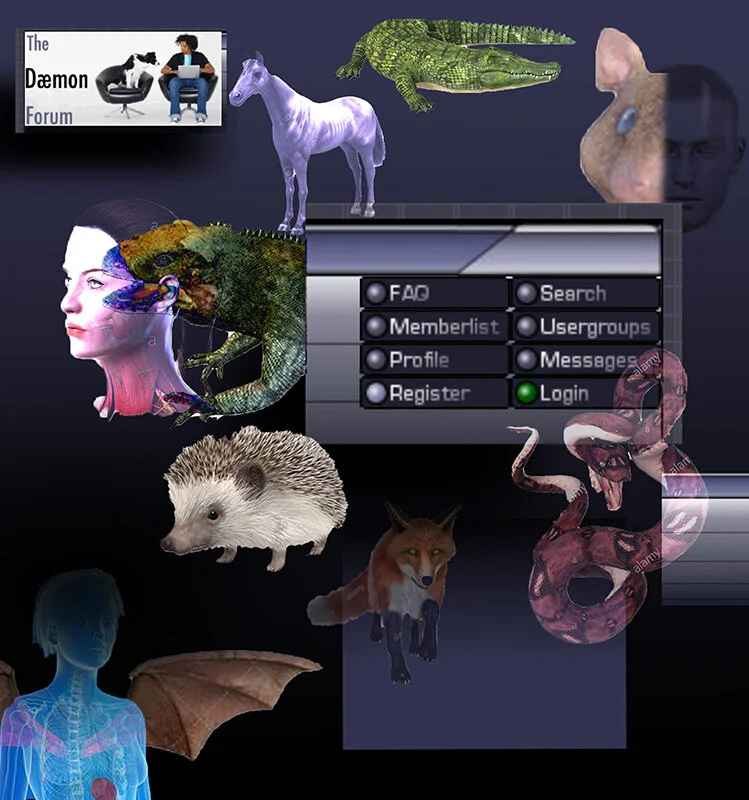


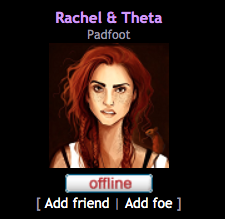
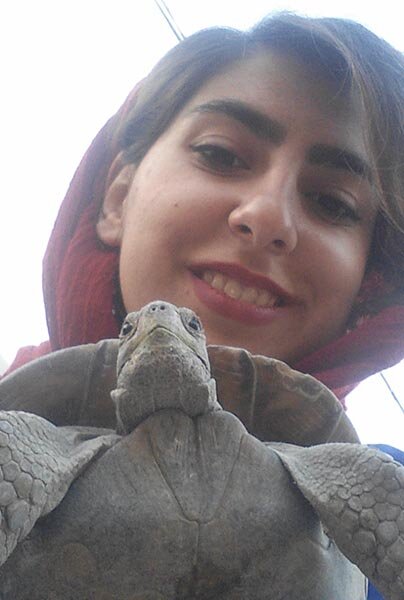
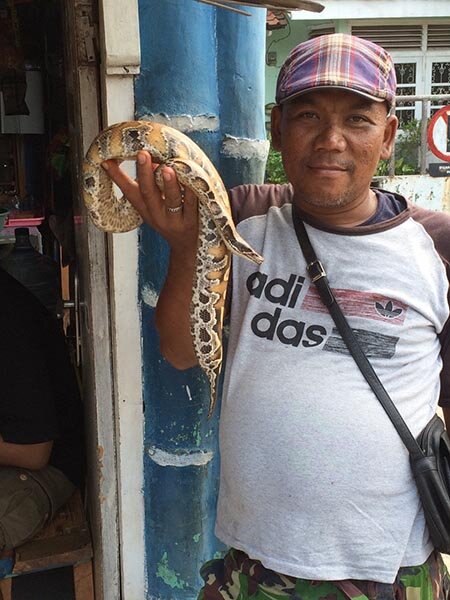
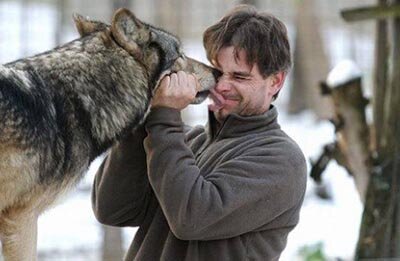
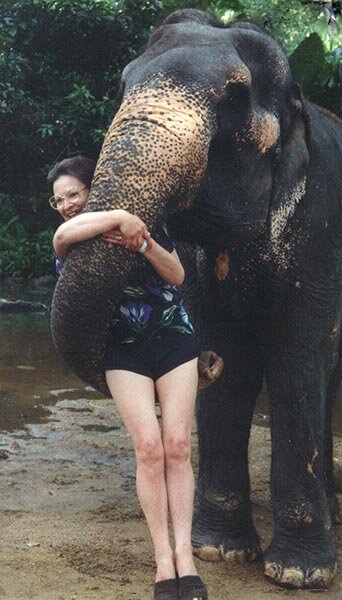
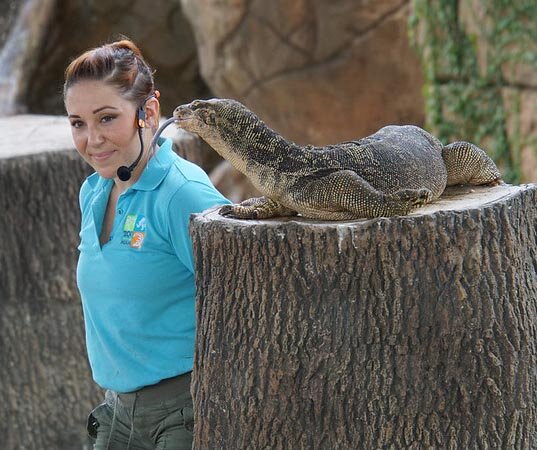
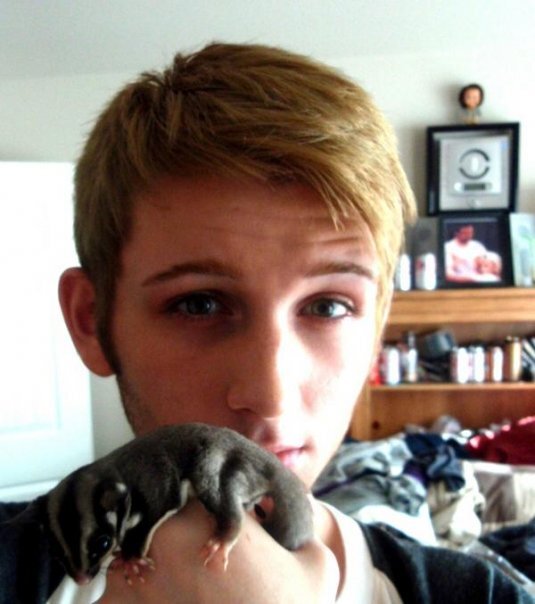







How to make money sexting.